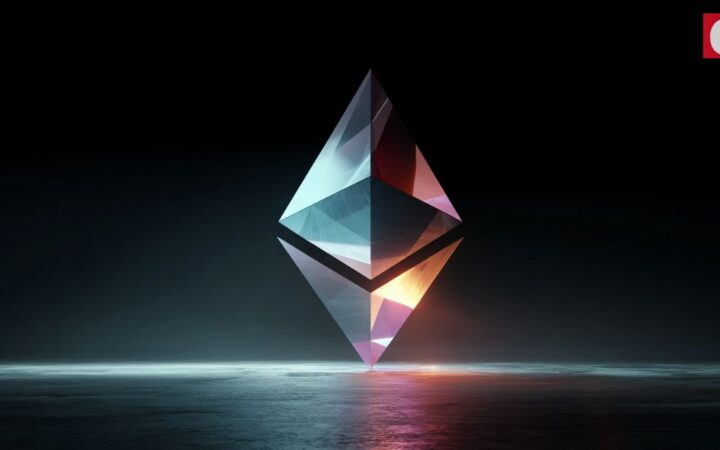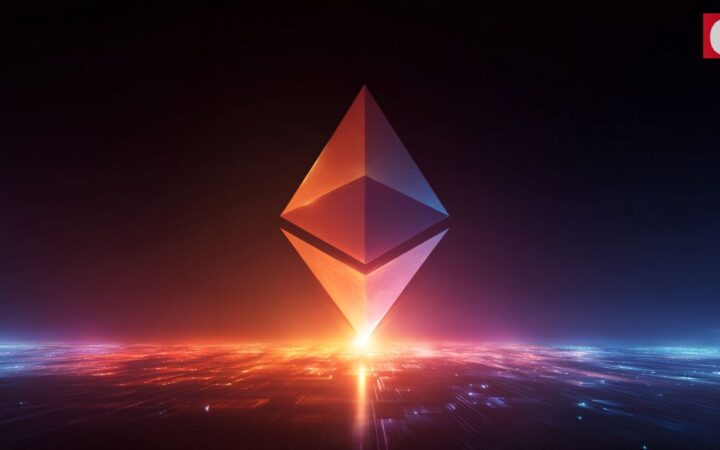
MOAC Showcases Easy-To-Use APIs With First DAPP Launch
Mother of All Chains (MOAC), a layered multi-blockchain architecture, is an easy-to-use next-generation blockchain that incorporates a public MotherChain, additional MicroChains, sharding technology and agnostic consensus systems. David Chen, founder and CEO of MOAC, created Moodada as proof of just how easy it is to make and deploy low-cost and highly efficient DAPPs on the MOAC blockchain.
Moodada is currently available online and as an app on Android phones. It is a tokenized application that rewards users for answering questions. Participants can place a bounty on any question and crowdsource voters to determine the best response. Tokens placed in the bounty pool will automatically distribute to voters and responders in tiers based on criteria such as participation or best answer.
Chen and his team were able to build the completely decentralized Moodada application on MOAC, issue tokens and program the smart contracts in just a few weeks using template APIs. Through Moodada, Chen hopes to demonstrate how developers and everyday ordinary people can craft DAPPs with minimal effort on MOAC. He sais:
“Blockchain developers have had a hard time navigating rigid, clunky and disconnected systems of other blockchains. They want APIs that are easy to use and understand, and they want systems that are code and consensus agnostic. With MOAC, we can deploy custom MicroChains and run a variety of virtual machines. We have template APIs and have demonstrated more than 5,000 transactions per second with no transaction fees.”
Already MOAC has reached the top 100 charts on CoinMarketCap, led by enthusiastic developers and miners looking for alternatives to existing clunky and rigid blockchains.
Here are reasons why blockchain developers are migrating to MOAC:
- Ease of Use – Developers can leverage MOAC APIs to create a MicroChain based DAPP with little effort. DAPP teams can focus on smart contract management without worrying about the underlying blockchain details. Also, MOAC smart contracts are compatible with Ethereum smart contracts, making project migration easy.
- Transaction Speeds – MOAC has demonstrated more than 5,000 transactions per second across all MicroChains. The platform achieves this by offloading business logic into MicroChains, thus alleviating the processing and storage burden on the MotherChain. At full scale, the system could potentially support more than 100,000 transactions per second.
- Costs – MOAC DAPPs can use a non-fee transaction feature in their MicroChains, which makes MOAC applications desirable for new user adoption. For DAPP developers, The MOAC Foundation provides subsidies to offset operation and maintenance costs in early DAPP operations.
- Cross-chain Compatibility – MOAC provides a simple and reliable cross-chain function. The system can facilitate atomic swaps between tokens in the MotherChain and tokens in MicroChains. Also, MicroChains can cross-communicate allowing for collaborative decentralized applications.
- Consensus Agnostic – MOAC uses a MotherChain (a proof-of-work based blockchain) and MicroChains for smart contracts supporting multiple consensus models. Currently, MOAC delivers two template types of MicroChain consensus protocols: one is ProcWind, a POS consensus-based MicroChain contract, and the other is FileStorm, a FileCoin-like consensus for decentralized file storage. Developers can tailor fit their application by choosing appropriate consensus mechanisms.
For those who would like to learn more, MOAC has created a weekly Online Community Webinar. There, developers and MOAC enthusiasts can meet the MOAC team and discuss upcoming projects, platform features and general updates. The webinar begins Saturday, November 17, 3 p.m. to 4:30 p.m. PST.
About MOAC
Mother of All Chains (or MOAC) is a layered multi-blockchain architecture. The MOAC Platform consists of a global primary blockchain, or MotherChain, and additional MicroChains. Using blockchain sharding technology, a MicroChain functions as a child blockchain within the platform that operates above the global MotherChain and is responsible for smart contracts management. MicroChains also enable high volume transactions using a variety of consensus systems. MOAC not only addresses the performance and cost issues with existing blockchain systems, including Bitcoin and Ethereum, but also introduces new features that minimize the barrier to entry for developers, users, businesses, and the entirety of the blockchain ecosystem.
Disclaimer: This publication is sponsored. Coinspeaker does not endorse or assume responsibility for the content, accuracy, quality, advertising, products, or other materials on this web page. Readers are advised to conduct their own research before engaging with any company mentioned. Please note that the featured information is not intended as, and shall not be understood or construed as legal, tax, investment, financial, or other advice. Nothing contained on this web page constitutes a solicitation, recommendation, endorsement, or offer by Coinspeaker or any third party service provider to buy or sell any cryptoassets or other financial instruments. Crypto assets are a high-risk investment. You should consider whether you understand the possibility of losing money due to leverage. None of the material should be considered as investment advice. Coinspeaker shall not be held liable, directly or indirectly, for any damages or losses arising from the use or reliance on any content, goods, or services featured on this web page.




